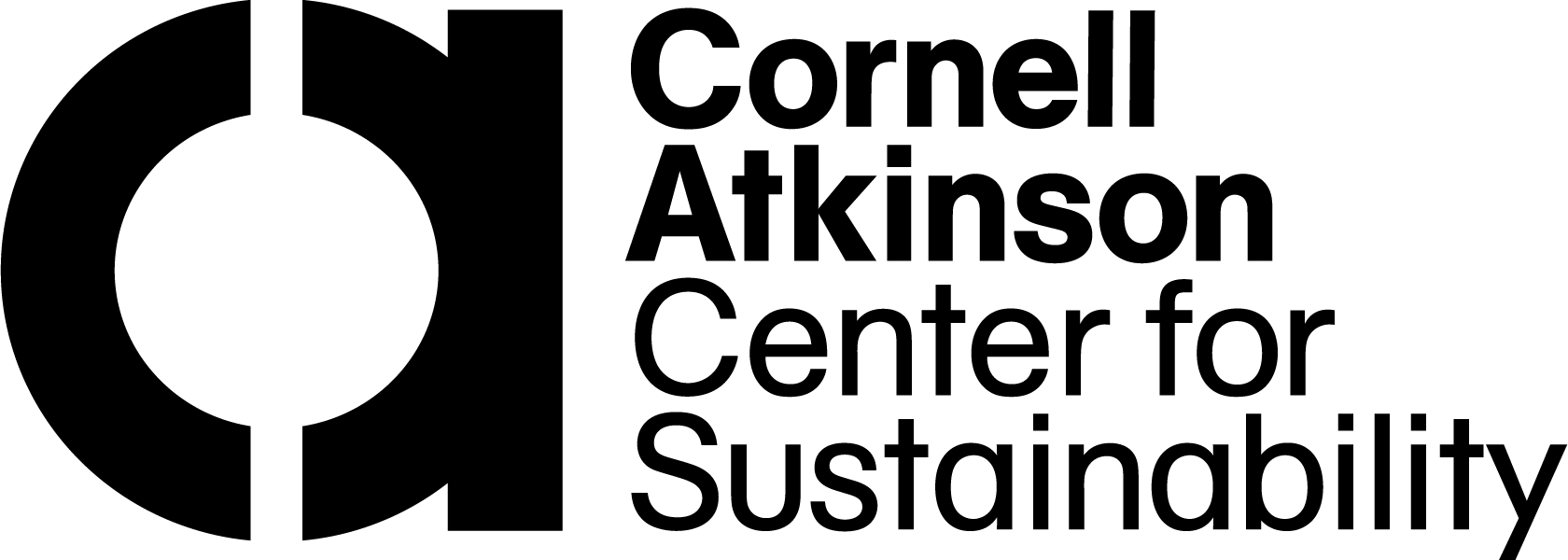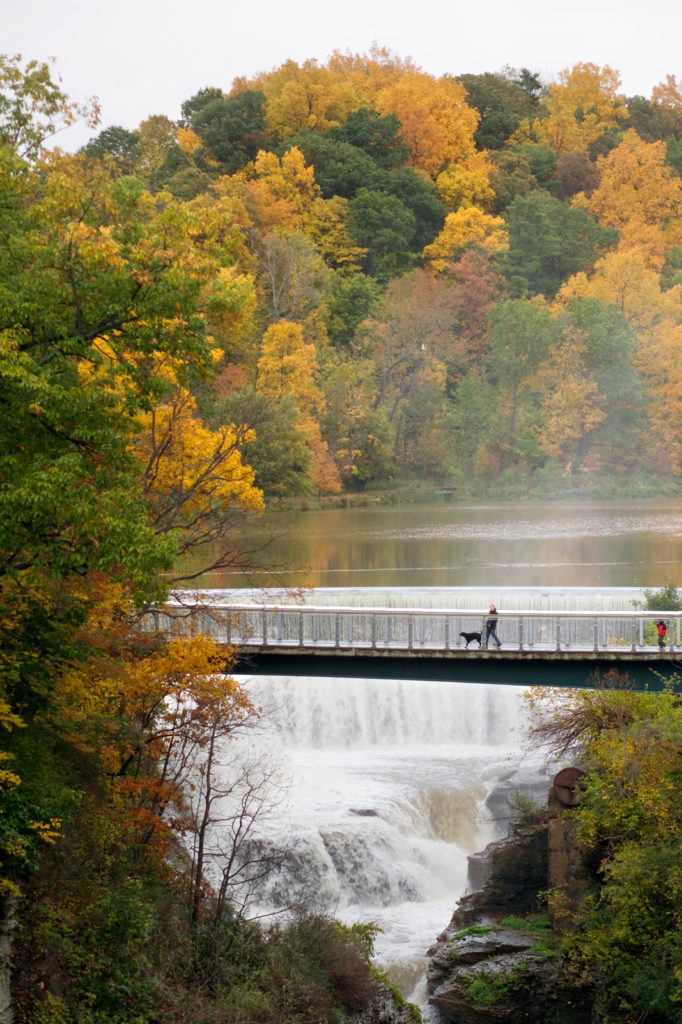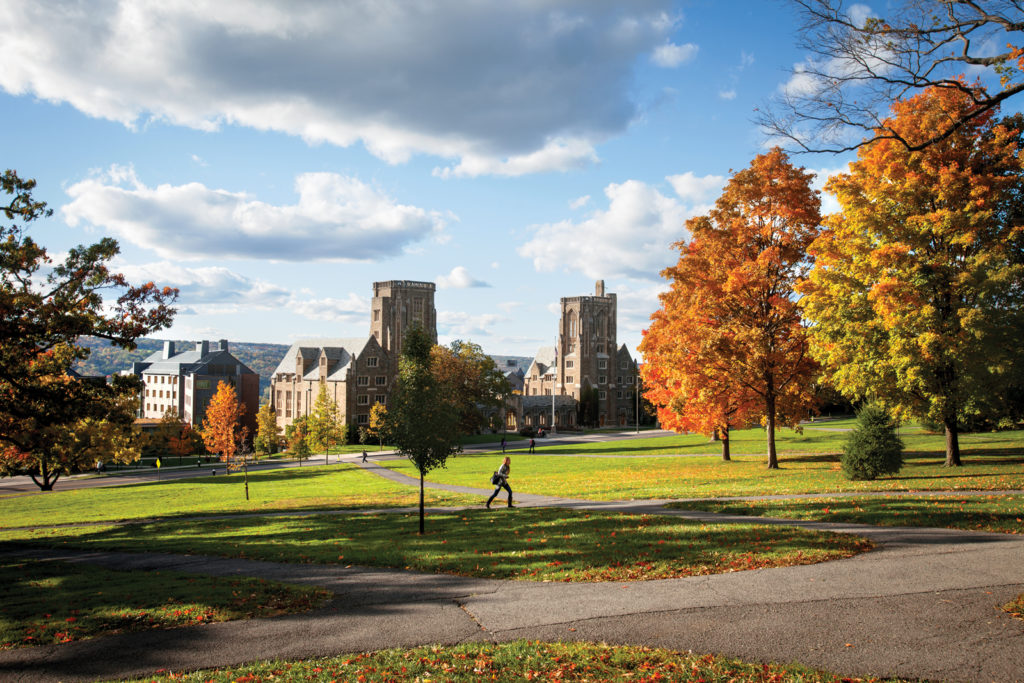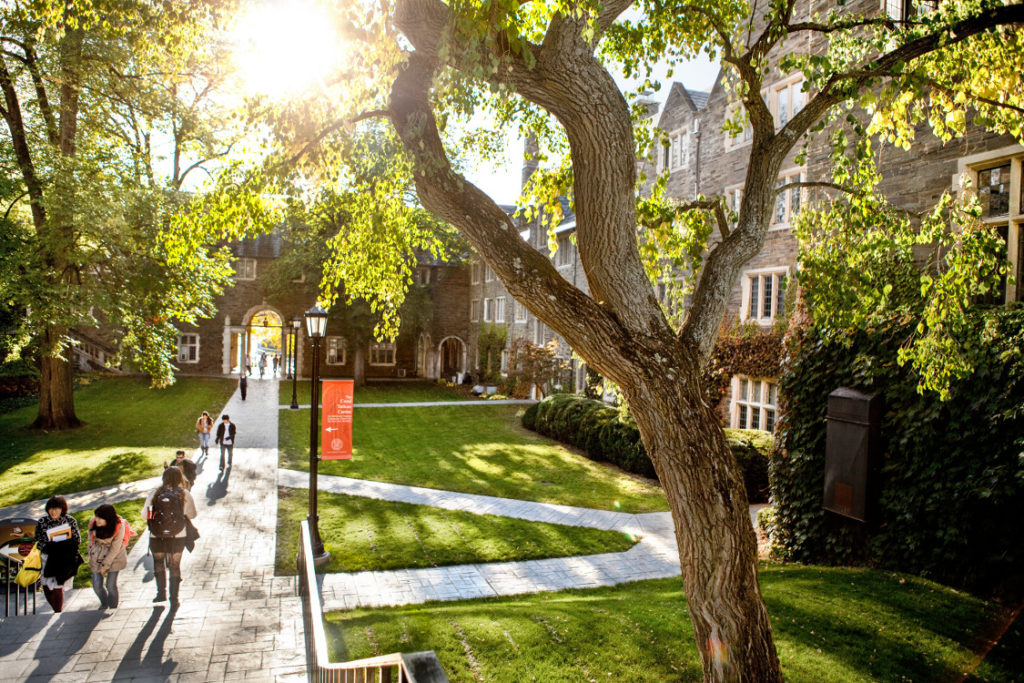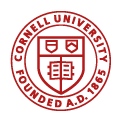We are seeking faculty who want to convert knowledge into action: to do more than hand off their ideas and hope for the best. We are looking for scholars ready to collaborate with for-profit businesses, nonprofits, government agencies, peer institutions, think tanks, donors, investors, and nongovernmental organizations (NGOs) to set a research agenda that can forge long-term, long-range solutions to the worlds most urgent sustainability challenges.
Recruiting Top Faculty
to Pursue Bold Ideas
in Sustainability

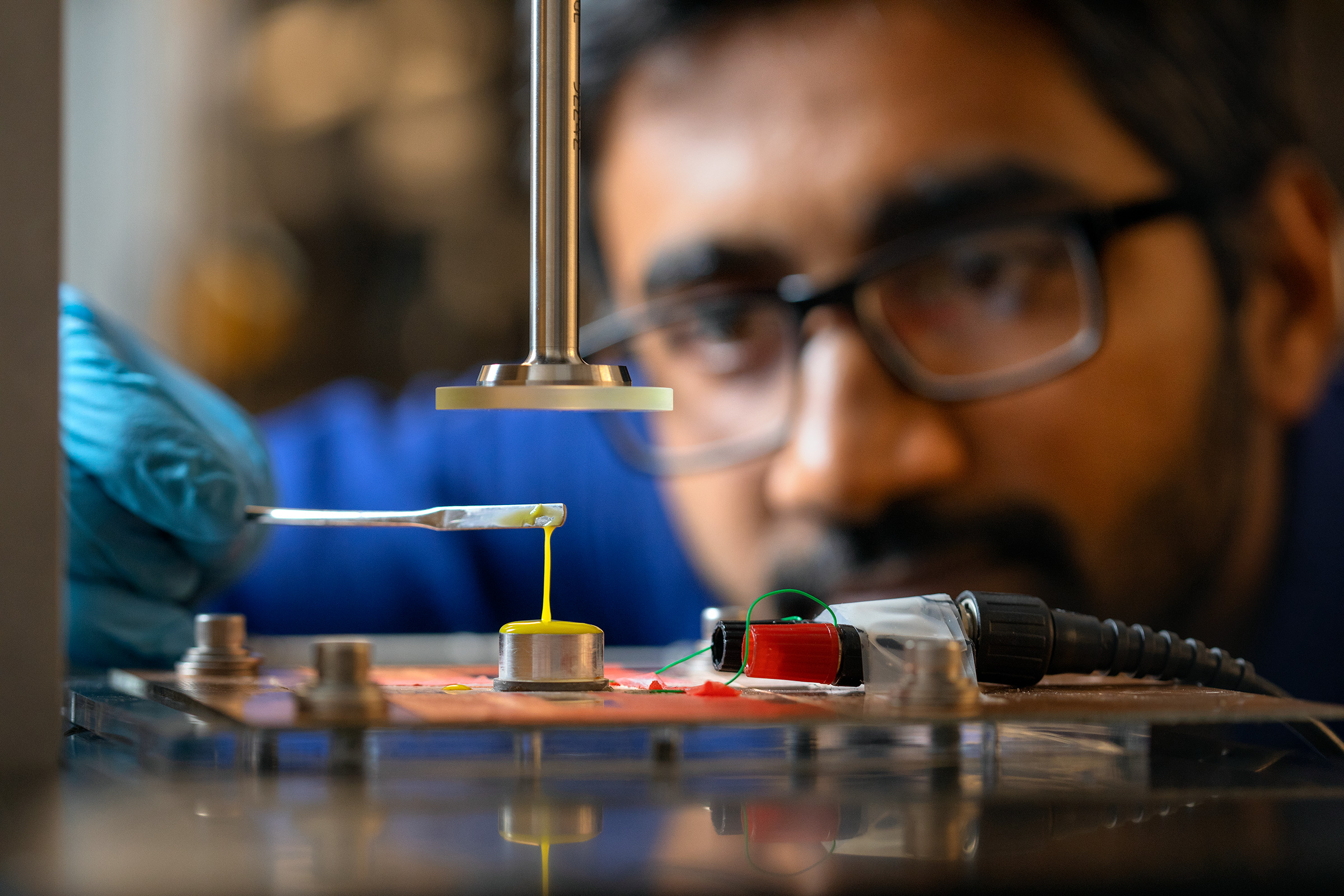
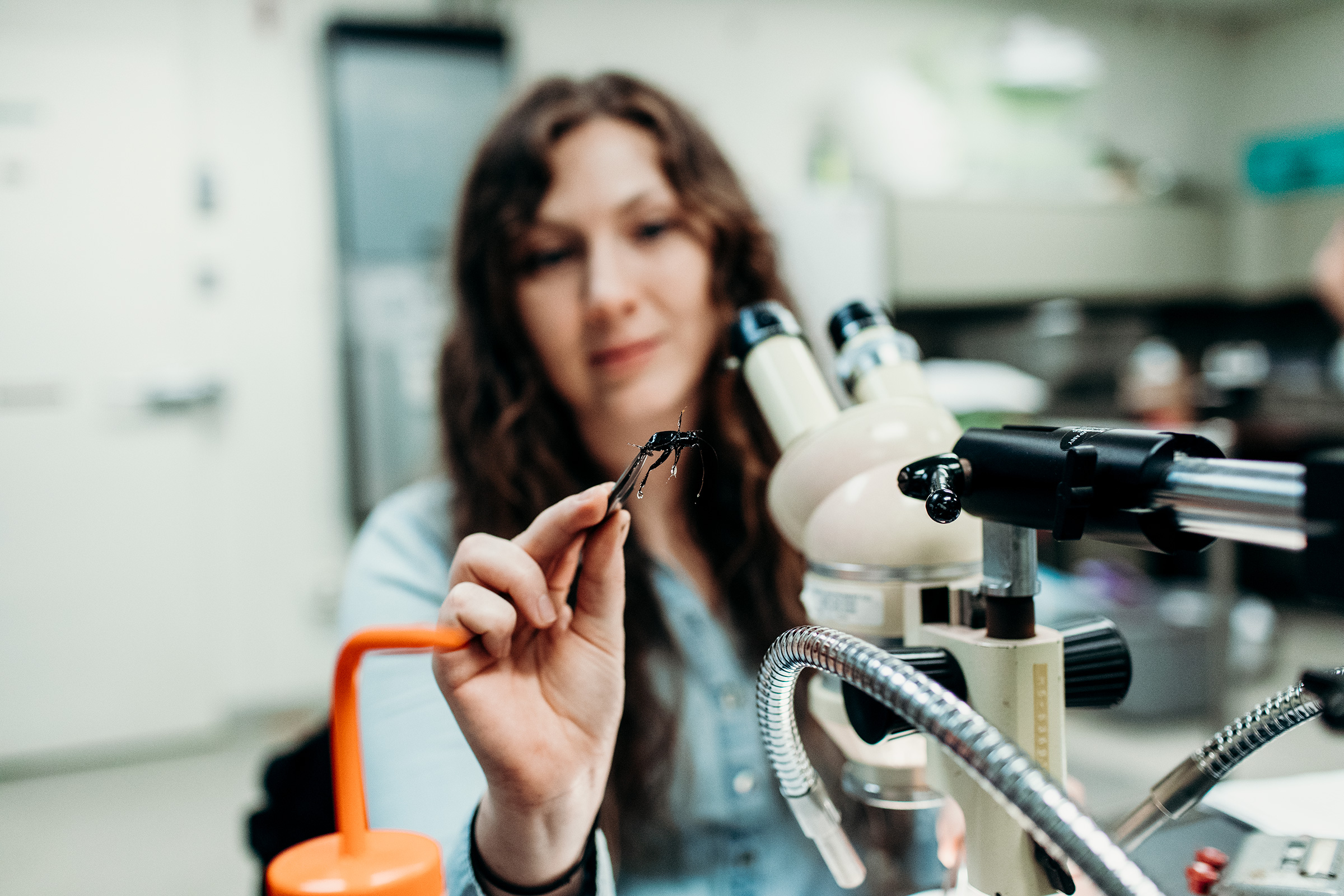
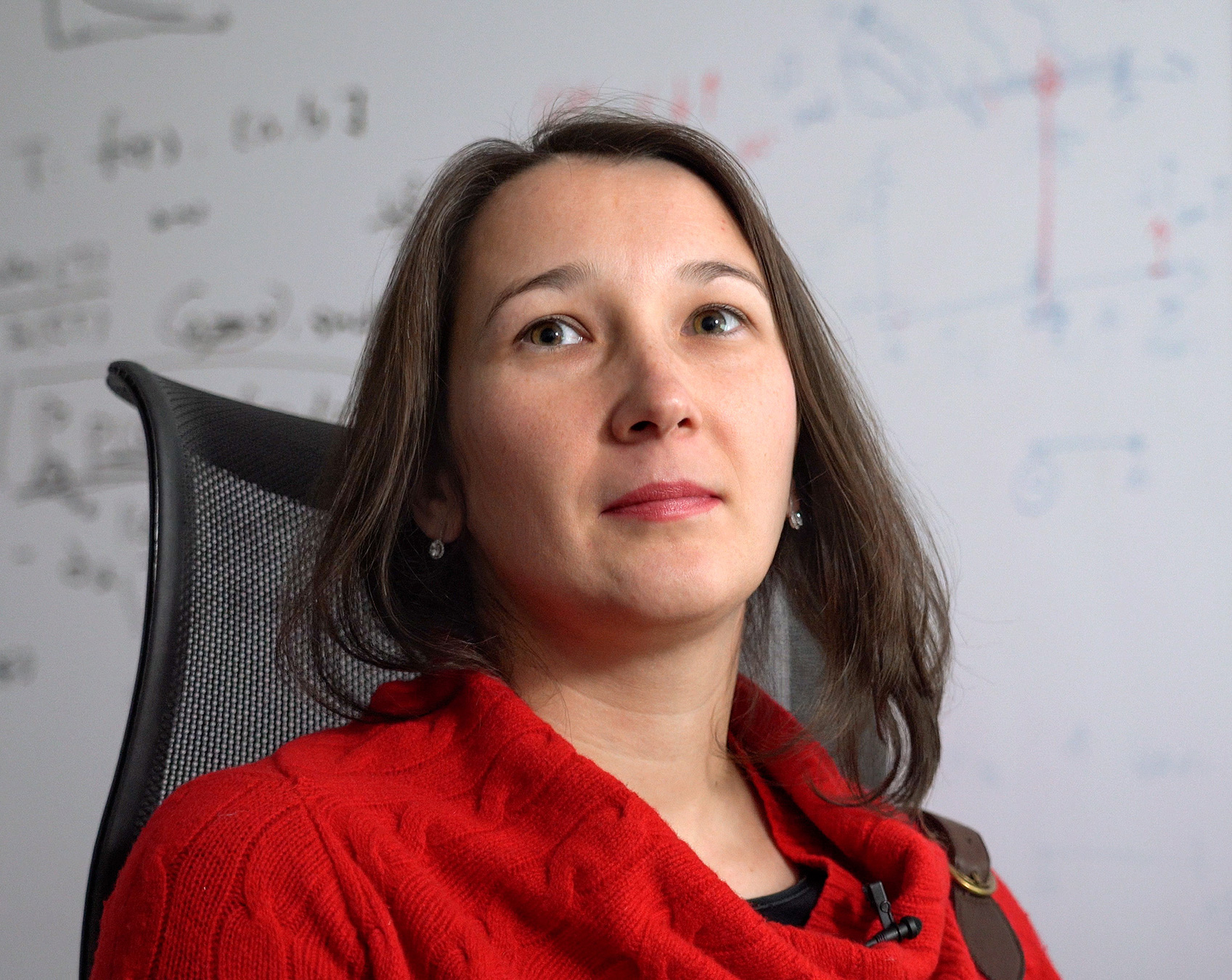
614
90
180
We're translating thought leadership to real-world impact.
Creative minds to catalyze change.
Academics, with impact.
Thought Leadership.
Q&A with
Cathy Kling
Cathy Kling was the first sustainability faculty hire through the Radical Collaborations initiative. She is a Faculty Director at the Cornell Atkinson Center for a Sustainable Future and a Tisch University Professor in the Dyson School of Applied Economics and Management. As a Cornell Atkinson faculty director, she co-leads a multidisciplinary working group developing large-scale, long-term solutions to address the social costs of water pollution.

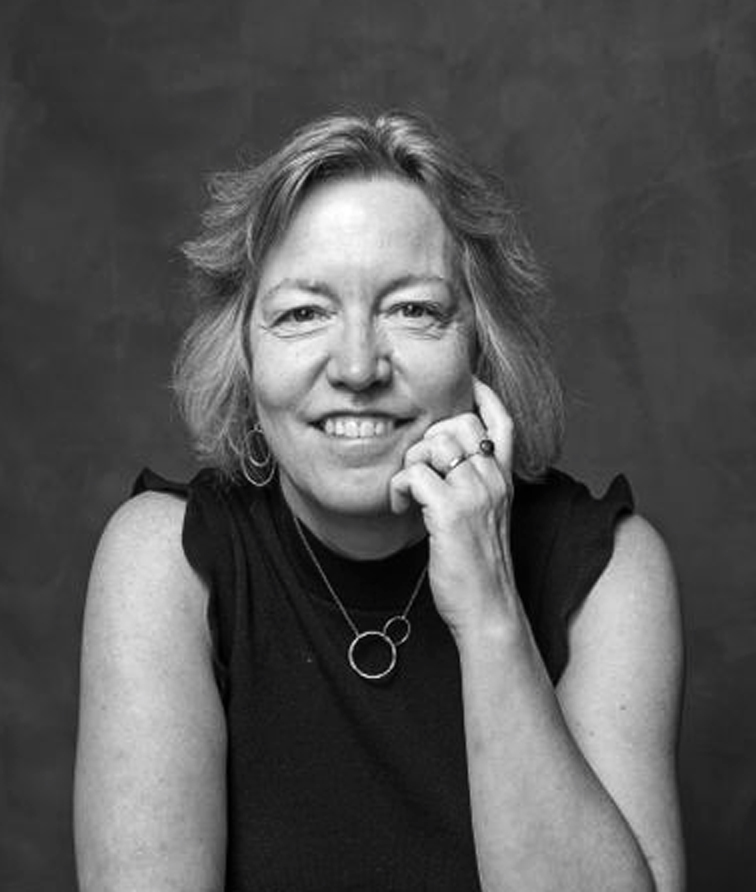
- Why this Position?
- Who's the right fit?
- Academic focus?
- Changes in your approach?
- How is your time allocated?
What drew you to this position?
I was at a stage in my career where I was questioning if I really wanted to remain just an academic. I knew I wanted to be working with undergrads, graduate students, and research, but I also wanted to do things that are more tangible. To feel that I’m taking what I’ve studied and learned directly to the end users who really value it. It’s something I’ve been trying to move towards for the last 10 to 15 years of my career.
It was a complete game changer for me to learn about Cornell Atkinson and to hear the pitch for the center and its goals. To understand that the Atkinson family not only provided really valuable startup resources–which is amazing and phenomenal–but also a vision of how those resources were going to be leveraged to build connectivity with real impact and continued growth, but in thoughtful, well-articulated way. I thought, “Wow, I would love to be a part of that.”
Cornell not only had strong group of environmental and applied economists—it was really important for me to be in a department that was really strong on disciplinary and interdisciplinary expertise–but on top of it, Cornell had this really impressive, highly-engaged, and energetic sustainability hub. A place where I could help think about how to implement ideas, trial and error new methods, and join others to really think about how better integrate our research with the outside world. That was just super exciting. I also looked at some other schools, and while there were a couple of other places in play, none offered an opportunity like Cornell Atkinson.
What do you think makes someone the right fit for a Radical Collaborations position?
We’re looking for folks who have developed their academic credibility but who now really want to have more impact by working with people who have connections to NGOs and businesses and governments. I suspect that there are a lot of academics out there who have tried the “here’s my great idea–take it” approach and discovered that that doesn’t often lead to impact.
We are looking for people ready to find new ways to engage with partners and stakeholders, both to transfer knowledge but also to bring their needs back to to Cornell and initiate new interdisciplinary efforts to address those needs. This two-way communication–developing program agendas with external partners—is not the norm in universities and is something we’re still very much learning to do.
These positions are for innovative people who want to stay firmly grounded in an academic environment with science and rigor but also want to work through a center which will help make multidisciplinary connections and partner with outside organizations.
This is for people who don’t want to keep doing the same stuff they’ve been doing. It’s for people who have the energy and ambition to do something which is very academic, but more.
What is your academic focus?
My area is water quality. I’m an environmental economist who works on many areas of water quality, and I wanted to continue to do that Cornell–that was not negotiable for me. I want to spend the rest of my career on this. It turned out that there wasn’t anybody at Cornell Atkinson yet who really wanted to champion those areas. Because I have many years of working on water quality issues, I know a lot of people both in the economics community and also in federal agencies, like the EPA, National Academy of Sciences, USDA, and so on, and I bring that network of those connections with me.
What is different about your approach to water quality issues now that you are with Cornell Atkinson?
When interviewed at Cornell, I knew what I would love to do: I would love to build a community of scholars around the social costs of water pollution. Our intermediate-term goal is to quantify and monetize the costs associated with the pollution of water. Then we can take those numbers to help agencies, NGOs, and others think about how to allocate dollars for conservation programs and how to target their own resources for cleanup of water pollution.
I also knew I wanted to have my two colleagues—Dave Kaiser at the University of Massachusetts and Dan Phaneuf at the University of Wisconsin—to be full collaborators in this and to develop this program with me. Together, through the working group, we are building a community of scholars to identify the full interdisciplinary program needed to develop much more clear and complete metrics for the social cost of water pollution.
Through the working group, we are developing into the international leader for this community of practice. It’s a very interdisciplinary group: water quality modelers, ecologists, environmental and applied economists, agricultural engineers, and land use modelers. And although we started with a U.S.-centric focus, the concept applies internationally, and we’re now starting to talk with folks at the World Bank and elsewhere. The way we see this evolving is that there would be many studies in many areas, and part of our role is to be a bit of a clearing house. To organize the resources and be able to refer people to all the relevant available studies.
With part of the funding we received from Cornell Atkinson, we have held one workshop bringing together the community of scholars, and we’re planning our second full workshop. Last year we had about 70 people doing presentations, developing materials, and learning from one another. The next step is to get more of an infrastructure in place, with an online presence that can make available specific studies that can provide useful information to end users. We’re trying to very much do that in conjunction with our stakeholders. In water quality and other areas of sustainability, what we do matters. I really believe that through Cornell Atkinson I am making a little bit of impact.
What is different about your approach to water quality issues now that you are with Cornell Atkinson?
50% of my time is dedicated to Cornell Atkinson and 50% is dedicated to the Dyson School of Applied Economics and Management. I only have of half the responsibilities of my peers at Dyson. I have half the teaching load, I have half the committees’ assignments, and they’ve been very good about that. Future hires should know that it’s customizable–there’s a loose framework within which you make a deal with the department partnering with Cornell Atkinson for the position.
At Cornell Atkinson, the faculty directors are expected to be intellectual leads. We don’t have specific responsibilities for administering programs: Our responsibilities are to be thought leaders at Cornell and to make connections across campus. It’s fluid. I lead of the social cost of water pollution working group, so I’m developing that program with Cornell Atkinson staff and engaging with external partners to build it up.
Launched in 2016 by Provost Michael Kotlikoff, the Radical Collaborations initiative aims to recruit and retain world-class faculty in signature areas across the university (nanoscale science and molecular engineering; genome biology; data science; sustainability; the social sciences; infection biology; and the humanities and arts), and it aligns with the Cornell Atkinson Center for Sustainability’s strong history of collaborative research.
FAQs about Radical Collaboration
What is the Radical Collaborations Initiative?
Launched in 2016 by Provost Michael Kotlikoff, the Radical Collaborations initiative aims to recruit and retain world-class faculty in signature areas across the university (nanoscale science and molecular engineering; genome biology; data science; sustainability; the social sciences; infection biology; and the humanities and arts), and it aligns with the Cornell Atkinson Center for Sustainability’s strong history of collaborative research.
Cornell Atkinson has committed to the recruitment of eight renowned faculty in sustainability over the next five years. An innovative arrangement, in which faculty will have joint appointments in a home department and Cornell Atkinson, will help fulfill the provost’s initiative to enhance Radical Collaborations in sustainability research, in an attempt to resolve the most complex global issues.
Is my discipline eligible?
Sustainability research is interdisciplinary by nature. Recruitment for these coveted positions can come from any area on campus. Thus far, prospective recruits have been identified across a variety of disciplines including the Departments of Sociology, Development Sociology, English, Psychology, Anthropology, Natural Resources, and Biological and Environmental Engineering and the School of Integrative Plant Science.
What qualifications should applicant have?
We hire faculty who have achieved preeminence in their field, and whose research has influenced opinions, practices, products or policies in the public or private sectors. Candidates should want to increase their impact on large-scale, long-term sustainability solutions by working with their peers and outside organizations to create and carry out research agendas to address unmet needs.
Radical Collaboration hires are expected to provide leadership in the core research areas of Cornell Atkinson: climate, energy, food, and health. They will encourage other faculty and students to become involved in our programs and will participate in our working groups to build research consortia with external partners and extend the collaboration beyond academia.
How does a joint appointment work?
Each faculty member hired has a home department where tenure resides, and has a 50% responsibility to Cornell Atkinson for at least the first five years of their appointment. Funding during that time is split between the center and home college. The content of the responsibility is negotiated on a case-by-case basis among the candidate, Cornell Atkinson, and the home college.
Joint placement between the center and home college will allow star faculty more freedom to conduct sustainability research and advance the university’s research portfolio.
What is the nomination process?
Hiring for all eight hires will be led by the Sustainability Task Force Coordinating Committee, which consists of seven faculty members, including the director of Cornell Atkinson Center, who chairs the committee. The search will be on-going year-round (with no deadlines for applications) until all positions are filled. The Coordinating Committee enthusiastically welcomes nominations for faculty candidates from any source, at any time, and will make every effort to assure diversity in the pool to be considered.
The Coordinating Committee will consult extensively with department chairs or any committee designated by any department nominating a candidate. Any nomination not coming from a departmental or college committee would be brought to the relevant department’s attention by the Sustainability Task Force Coordinating Committee for mutual vetting by the department and the Coordinating Committee. The relevant dean for any candidate would be consulted and kept informed.
Consistent with the Sustainability Task Force Strategic Plan, the Coordinating Committee will welcome nominations from all Cornell colleges, including, for example, nominations from the humanities, arts, social sciences, and professional schools. If support does not exist from both a relevant department and the Sustainability Task Force Coordinating Committee, a nominee will not be pursued.
